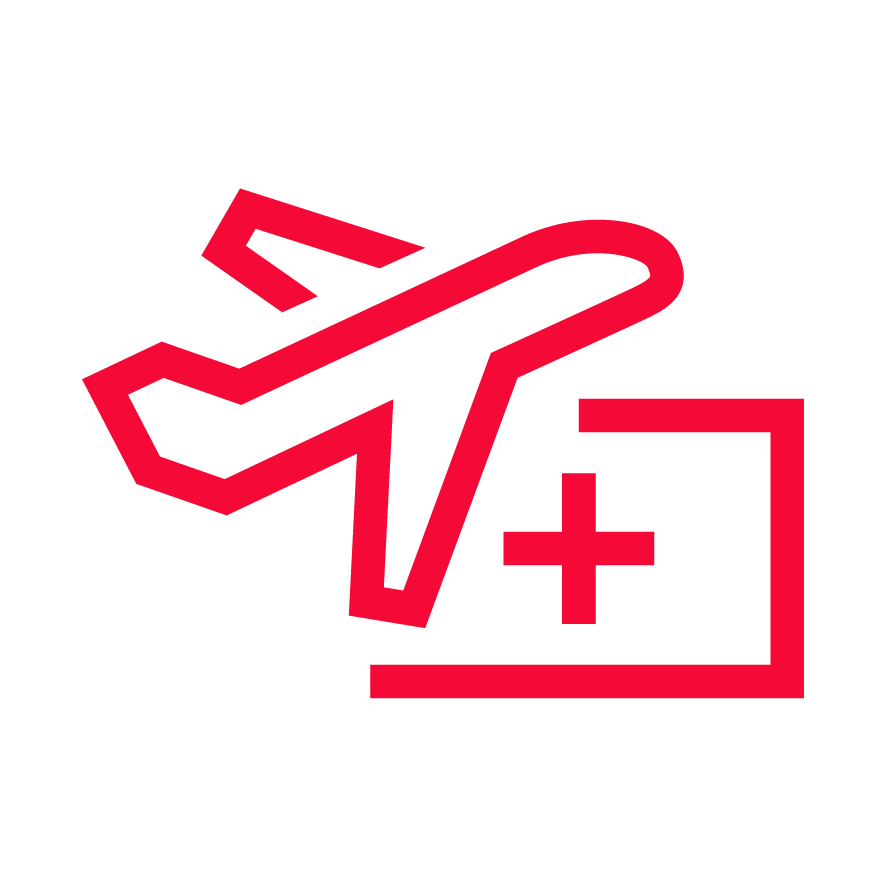This guide provides you with a general check list and useful advice when travelling abroad.
Before the trip
Planning your trip includes
- Checking your insurance coverage
- Checking if you need a preliminary medical assessment that can determine your insurance coverage if a pre-existing condition requires treatment during your trip
- Requesting for a European Health Insurance Card if your are travelling within Europe
- Checking the need for vaccinations
- Checking the expiry date of your passport and relevant visa rules
- Leaving a copy of your itinerary with a trusted family member, friend or a colleague
- Bringing a copy of your passport, visa (if applicable), credit card, insurance card and driving licence
- Packing according to the weather conditions and the culture at your destination
- Packing essentials in your hand luggage
- Storing important telephone numbers on your mobile phone (in case of emergency)
During the trip
At the airport
- Arrive in good time
- Be patient
- Respect security regulations and follow instructions from security/other personnel when required
- Pay attention to and respect airport announcements and show up to the gate on time
Transport
- Do not use unauthorised transportation
- Use the seat belt
- Avoid giving lifts to or accepting lifts from strangers. Do not use unauthorised transportation.
Communication
- Check the network coverage for your mobile phone and be aware of roaming costs
- Store local emergency numbers on your mobile phone
- Handle your PC, mobile phone, tablet, etc. with caution
- Make sure your PC and mobile phone are fully charged
Accomodation
- Familiarise yourself with the emergency exits
- When possible use a safety box for your valuables
- Remain vigilant
We are always on to provide you with the best help



In the event of a crisis
It is a good idea to be prepared for a crisis situation regardless of your destination. The risk picture in the world is changing and even though you travel to traditional low-risk tourist destinations it is never a bad idea to know what to be aware of if a crisis situation occurs.
- Keep a low profile
- Avoid larger gatherings
- Avoid public transportation
- Make sure your mobile phone is charged and that you have important emergency numbers stored, for example the SOS International alarm centre and your Foreign Ministry’s citizen service.
- Bring your passport or other official ID to be able to identify yourself to authorities at any time.
- Stay oriented about the situation through local media and follow official recommendations. When in doubt about the local situation ask where you stay.
- If you do not speak the local language, international news media such as CNN and BBC will often cover the events.
- Be alert and attentive
Golden rules for a safe trip
- Check your insurance coverage
- Pack light and smart
- Pack essentials in your hand luggage
- Be aware of any travel alerts and warnings
- for your destination
- Bring a copy of your passport, visa (if applicable), credit card, insurance card and driving licence – and keep these separated from the original documents / cards
- When driving, travel at the safest possible speed and use the seatbelt
- Have a plan if things go wrong – know who to call
- Always be prepared and keep attention to your surroundings
Know what to do in case of an emergency!
Are you abroad and in need of assistance?
SOS International assists Nordic travellers worldwide on behalf of insurance companies. Check your insurance card to see which alarm centre to contact.
An emergency centre staffed by experienced and empathetic assistance coordinators is ready to help 24 hours a day, 365 days a year to give you a safe experience in an often frustrating and frightening situation.
